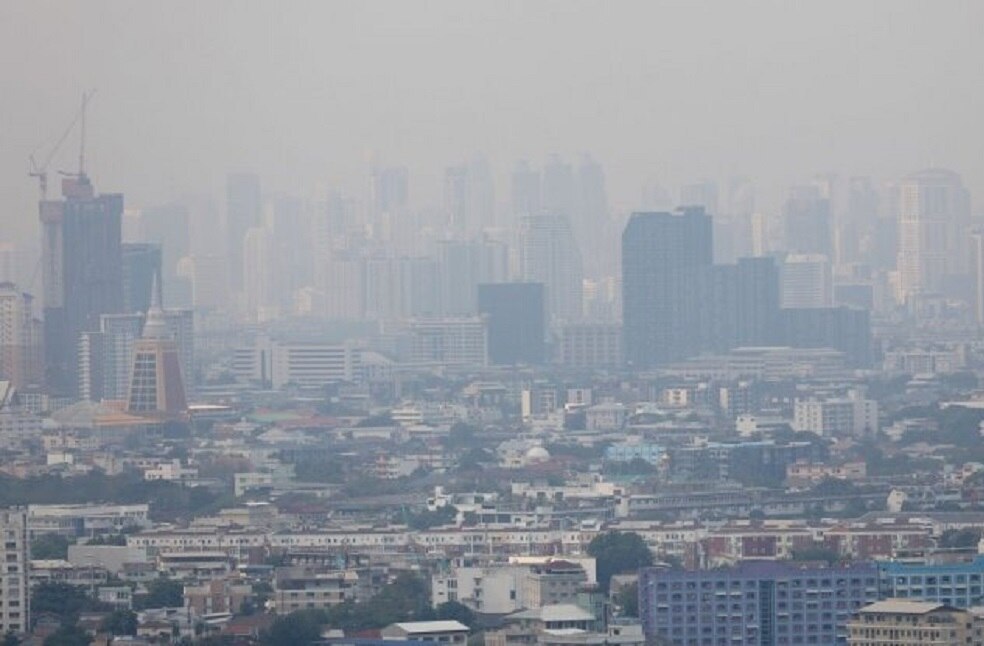Switzerland: A United Nations study that is touted as the largest on the subject, has revealed that four out of five people want their nations to step up efforts in the battle against climate change.
The poll, which was released on Thursday by the UN Development Programme (UNDP), revealed that most respondents in 62 of the 77 nations polled were in favour of a swift switch from fossil fuels to sustainable energy.
These included the largest greenhouse gas emitters in the world, with 81 percent of respondents in China and 54 percent in the US endorsing the initiative. Russian respondents, on the other hand, were noticeably less enthusiastic, with only 16 percent in favour.

“As world leaders decide on the next round of pledges under the Paris Agreement by 2025, these results are undeniable evidence that people everywhere support bold climate action,” said Cassie Flynn, UNDP global climate director.
The survey, which was carried out in association with Oxford University and GeoPoll, asked 15 questions through randomized phone calls to 75,000 individuals across 77 nations, which collectively account for 87 percent of the global population. This made it the largest survey of its type.
among general, eighty percent of those surveyed demanded more action to solve the issue, with the demand for action increasing to eighty-nine percent among the poorer countries most affected by climate change.

Poorer nations like Fiji, where 80 percent of people are more concerned about the issue than they were a year ago, and Afghanistan (78 percent) and Turkey (77 percent) are next in line for higher levels of climate anxiety. With 25 percent more people worried about the climate, Saudi Arabia had the least increase in concerns.
In total, 56 percent of those surveyed stated they consider climate change at least once a week. Of those asked, more than half stated they were more concerned about climate change than they were the previous year, while 15 percent said they were less concerned.
People’s lives are also being altered by climate change; according to 69 percent of respondents, significant decisions like where to live, work, and what to buy have been impacted by global warming.



